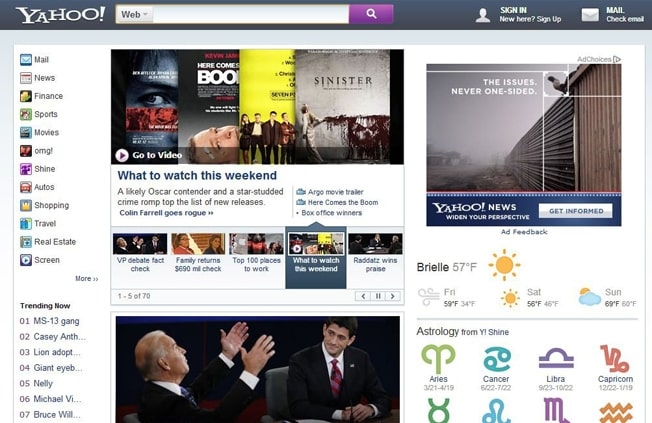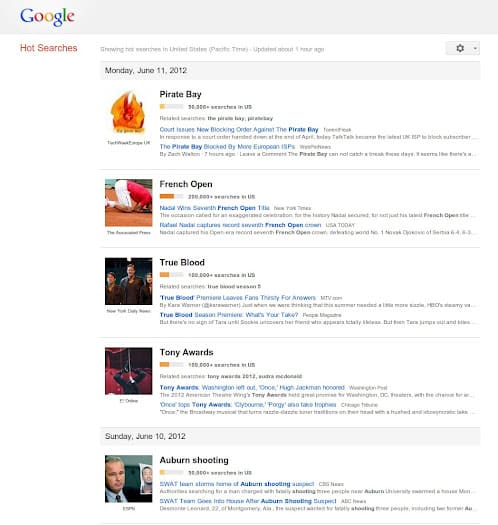The ailing internet giant Yahoo has decided to ignore Do Not Track (in short, DNT) requests by web browsers The decision was announced yesterday through a post in Yahoo Policy Blog.
The blog post titled “In Support of a Personalized User Experience” argues that the DNT feature, in its current implementation, is detrimental to user experience. The DNT feature would hamper tracking user intent and serve content and advertising based on that. Hence, Yahoo has decided to ignore DNT requests of browsers.
Yahoo, however, iterated that “In principle, we support “Do Not Track” (DNT). Unfortunately, because discussions have not yet resulted in a final standard for how to implement DNT, the current DNT signal can easily be abused. Recently, Microsoft unilaterally decided to turn on DNT in Internet Explorer 10 by default, rather than at users’ direction. In our view, this degrades the experience for the majority of users and makes it hard to deliver on our value proposition to them. It basically means that the DNT signal from IE10 doesn’t express user intent.”
Although, the Yahoo blog post aims at IE10’s DNT feature, which is turned on by default, the decision to ignore DNT requests will be effective for all web browsers including Google Chrome and Mozilla Firefox.
The decision has been tracked back to Yahoo’s new CEO, Marissa Mayer, an ex-Google executive. Marissa has been trying hard to keep Yahoo afloat, and the new decision will make it popular among the advertisers.
Source: Yahoo
[ttjad keyword=”hot”]




